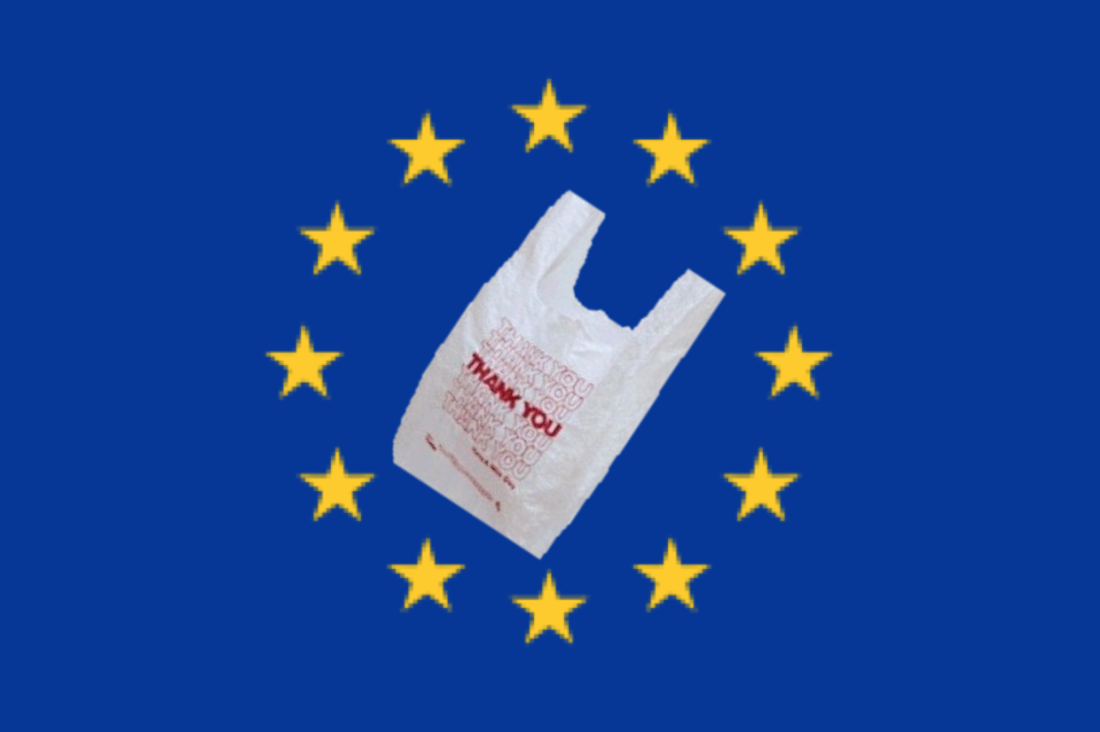3 minutes
Plastic Politics

Single-use plastics and the European Single Market have more in common than you may think; they were both popularised in the middle of the 20th century, they both bring economic benefit to western economies and they both have a party trying to discontinue their use. Negotiating the terms of my exit from the plastics market (read: Plaxit) has required diplomacy and strong leadership in equal measure. Admittedly, I have not penned a Chequers plan, nor have I travelled to Brussels for negotiations, but I have had to make compromises. Sadly, the hard-Plaxit you readers have cried for is proving tricky to reconcile. Your brain may be filling with statements like: “Why are you even following through with this if you can’t do it properly?” or “You’ve fed us misinformation!” or “Why don’t you scrap the idea entirely?!” and all of these have validity. But we can’t go back now, that would be undemocratic. Or could we?
No we can’t. So I intend on playing the hand I’ve been dealt as best I can. The primary policy I am here to discuss relates to my use of University cafeterias. I am allowing myself to eat lunch, and occasionally dinner, in food halls provided the food I am eating is not observably housed in plastic at the point of eating. How’s that for policy design? Clearly, the issue is that the food on my plate, say the Lamb Tagine I had for dinner last night, will have been removed from plastic containment by chefs before it got to me. The Lamb may have come in some butcher’s paper (unlikely), but the cous-cous will have undoubtedly been poured from a plastic bag. I appreciate this is cheeky, but your author would like to eat something that isn’t loose vegetables for every meal – the modus operandi thus far. I should emphasise that other than this slight rule-bending, I am yet to buy any food or other goods delivered in plastic. I shall explain my progress to date.
I am practicing the obvious stuff that I’m sure many of you do too: carry a keep-cup for coffee, carry a steel water bottle, carry a cloth bag for any shopping and carry steel cutlery on the off-chance the only available cutlery is plastic. I have dealt with more subtle hurdles too, including: not eating crisps or chocolate, not eating meat, not eating pre-packed salads and not eating pre-made sandwiches or pastas for lunch. I have been primarily buying my food from the local farmer’s market (see below) as opposed to my nearest supermarket as said supermarkets are impossible to navigate without purchasing plastic – more on this in a future blog. Not only is the produce nicer than that of a supermarket, but there is of course benefit in supporting local farmers and businesses.
So, things are on-track (bar cafeteria-gate) and I plan on ramping up my change effort to affect those other than myself in the weeks to come. I hope you accept the requests outlined above, otherwise we will descend into an inevitable no-deal scenario and nobody wants that. Thanks for reading, I hope you stay tuned.
PS
As I was about to post this blog, there is plastic-related news hot off the presses. The Environment Agency have made accusations against UK recycling firms who are reportedly profiting illegally from recycling they aren’t even doing. As if you needed another reason to give up plastic entirely!